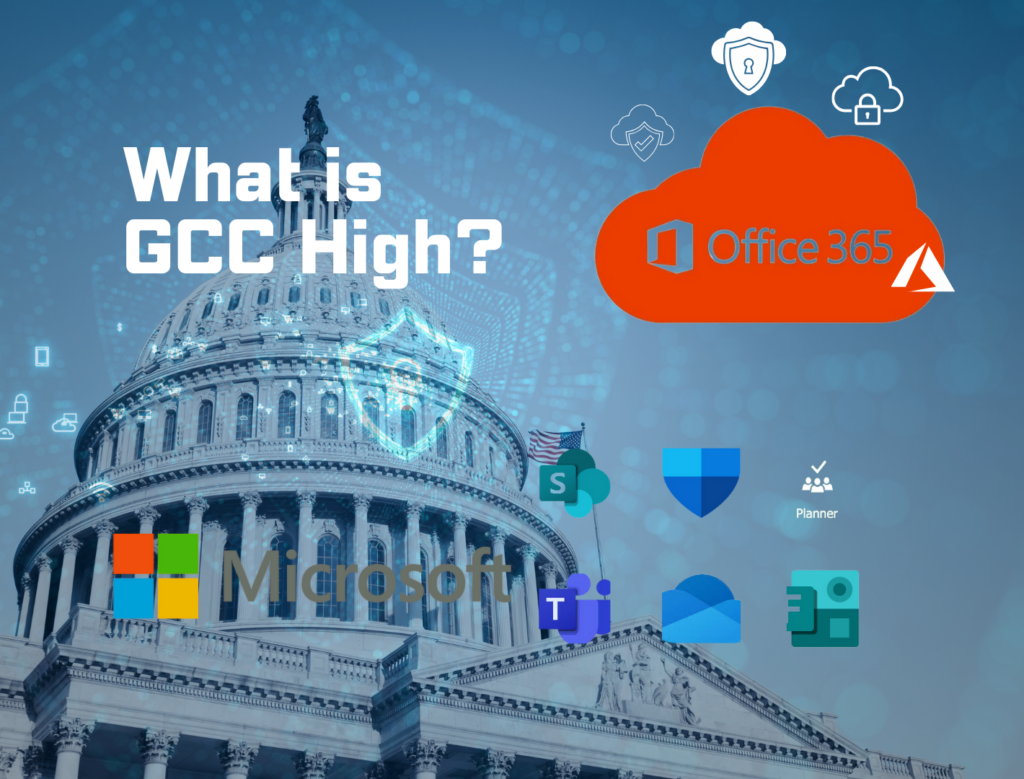Azure Information Protection: Best Practices for Data Security
In today’s digital age, data security is a top priority for businesses of all sizes. Azure Information Protection (AIP) is a cloud-based solution from Microsoft that can help organizations protect their sensitive data. In this article, we will discuss the best practices for data security using Azure Information Protection.
Classify your data
The first step in protecting your data is to classify it. AIP allows you to label your data with sensitivity labels that indicate the level of protection required. For example, you may have data that is classified as “Confidential” and requires a higher level of protection than data classified as “Internal Use Only”. Classifying your data helps you identify which data needs to be protected and how it should be protected.
Use encryption
Encryption is a critical component of data security. AIP uses encryption to protect your data both in transit and at rest. When you apply a sensitivity label to a document, AIP automatically encrypts the document and only authorized users can decrypt it. AIP also provides protection for emails and attachments, ensuring that your sensitive data is always encrypted.
Limit access
Controlling access to your data is essential for data security. AIP allows you to set permissions on your data, so only authorized users can access it. You can also limit access to specific files, folders, or applications. By restricting access to your data, you can prevent unauthorized users from accessing your sensitive information.
Monitor usage
Monitoring usage is a critical part of data security. AIP provides detailed audit logs that allow you to track who has accessed your data and what they have done with it. By monitoring usage, you can identify any potential security breaches and take action to prevent them.
Train your employees
Your employees are your first line of defense against data breaches. Training your employees on data security best practices is essential for protecting your data. AIP provides training resources that can help your employees understand the importance of data security and how to protect sensitive information.
Keep your software up to date
Keeping your software up to date is essential for data security. AIP is a cloud-based solution, which means that Microsoft is responsible for updating the software. However, you are responsible for ensuring that your devices are running the latest version of the AIP client. Keeping your software up to date ensures that you have access to the latest security features and fixes any known vulnerabilities.
Conclusion
Azure Information Protection is an essential tool for protecting your sensitive data. By following these best practices for data security, you can ensure that your data is protected from unauthorized access and potential security breaches. By using AIP, you can classify your data, use encryption, limit access, monitor usage, train your employees, and keep your software up to date to ensure that your data is always secure.
Share in Social Media
See More Case Studies

Securing Defense Contracts: A DFARS 252.204-7012 Compliance Case Study
Discover how Cleared Systems helped a Federal Contractor successfully achieve DFARS 252.204-7012 compliance by strengthening its cybersecurity posture, giving it a competitive edge when bidding for DoD Contracts.

What is GCC High? For ITAR & CMMC 2.0
Microsoft 365 Government Community Cloud (GCC) High is a specialized cloud solution tailored for U.S. federal, state, local, tribal, and territorial government organizations, as well as for contractors who hold or process data subject to specific security regulations. In this article, we will explore the features, benefits, and differences between Microsoft 365 GCC High and other Office 365 offerings.

Is AutoCAD ITAR Compliant? A Comprehensive Guide for Defense Manufacturers
Defense contractors and manufacturers working with sensitive military technologies face a critical question when selecting computer-aided design software: Is AutoCAD ITAR compliant? This question becomes

How to Get Help in Windows: Guide to Security and Compliance Support
In today’s digital landscape, ensuring your computer systems are secure and compliant with industry regulations is essential for both businesses and individuals. Windows, as one

Microsoft Copilot for GCC High: Enhancing Security and Compliance
In today’s fast-evolving digital landscape, organizations that handle sensitive data, particularly those in government sectors or defense contractors, face growing pressure to maintain strict security
Partner with Us for Compliance & Protection
We’re happy to answer any questions you may have and help you determine which of our services best fit your needs.
Your benefits:
- Client-oriented
- Security
- Compliance
- Peace of mind
- Efficiency
- Trust
What happens next?
Schedule an initial meeting
Arrange a discovery and assessment call
Tailor a proposal and solution
